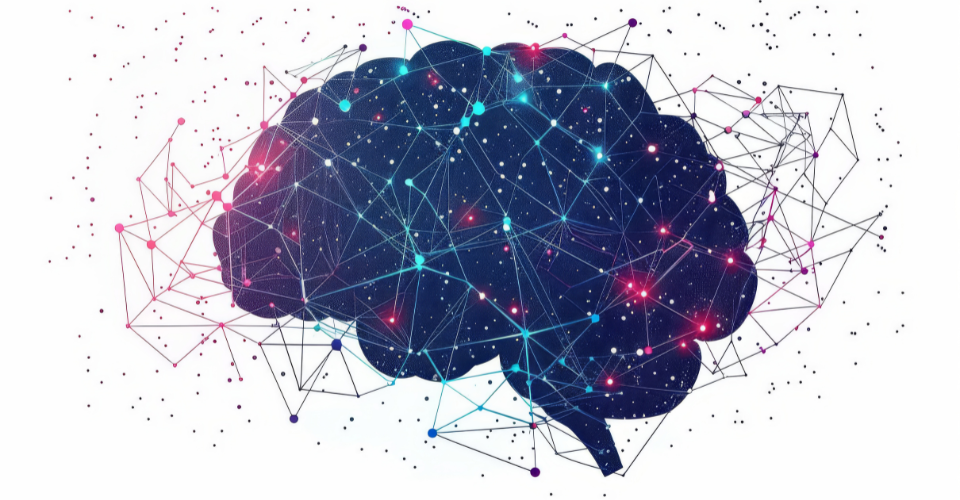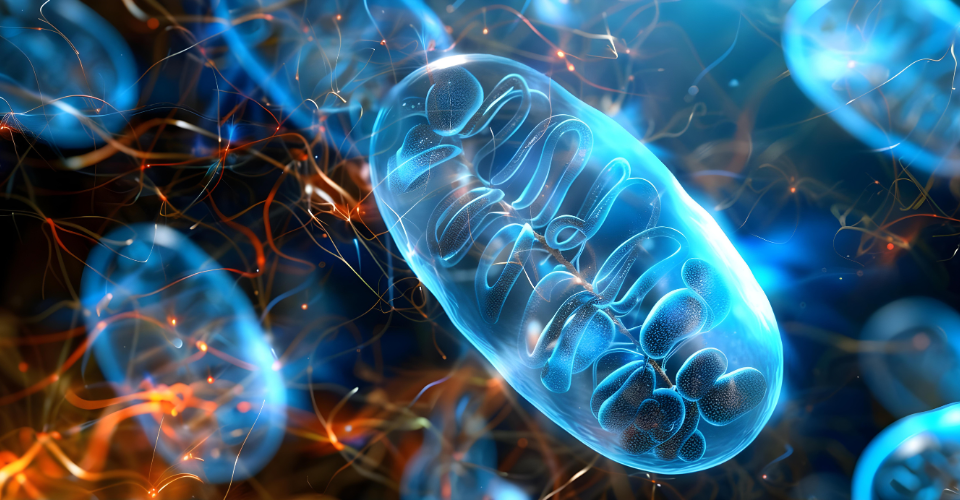Brain News: Researchers at Rutgers University found exposure to antibiotics in early life could affect human brain development in areas responsible for cognitive and emotional functions.
Rutgers researchers compared mice that were exposed to low-dose penicillin in utero or immediately after birth to those that were not exposed. The research team found that mice exposed to penicillin experienced substantial changes in their intestinal microbiota and had altered gene expression in the frontal cortex and amygdala that are brain areas responsible for the development of memory as well as fear and stress responses.
“Early life is a critical period for neurodevelopment,” said lead author Martin Blaser, director of the Center for Advanced Biotechnology and Medicine at Rutgers. “In recent decades, there has been a rise in the incidence of childhood neurodevelopmental disorders, including autism spectrum disorder, attention-deficit/hyperactivity disorder and learning disabilities. Although increased awareness and diagnosis are likely contributing factors, disruptions in cerebral gene expression early in development also could be responsible.”
There is a need for more studies to determine whether antibiotics directly affect brain development or if molecules from the microbiome that travel to the brain disturb gene activity and cause cognitive deficits.
To Know More You May Refer To:
Volkova, A., Ruggles, K., Schulfer, A., Gao, Z., Ginsberg, S. D., & Blaser, M. J. (2021). Effects of early-life penicillin exposure on the gut microbiome and frontal cortex and amygdala gene expression. iScience, 24(7), 102797. https://doi.org/10.1016/j.isci.2021.102797




























Leave a Reply
You must be logged in to post a comment.